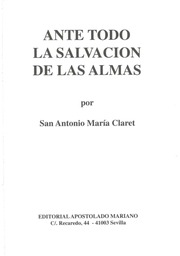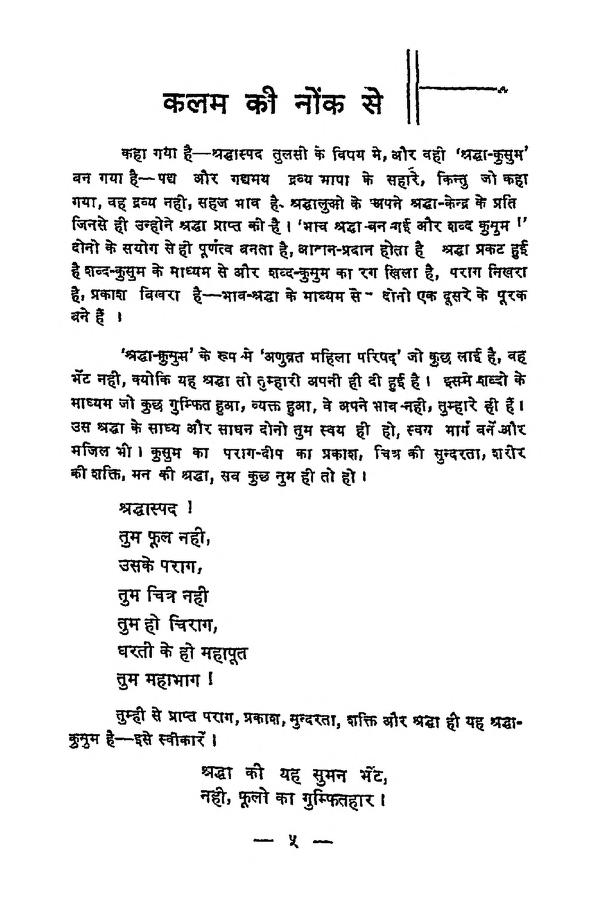An Analysis Of Knowledge And Valuation
User Rating: Be the first one!
Author: Irving Lewis, Clarence.
Added by: mario
Added Date: 2006-12-09
Language: eng
Subjects: PHILOSOPHY. PSYCHOLOGY, Philosophy of mind
Publishers: The Open Cout Publishing Company.
Collections: universallibrary
Pages Count: 600
PDF Count: 1
Total Size: 268.53 MB
PDF Size: 33.42 MB
Extensions: zip, djvu, gif, pdf, gz, torrent, html
Contributor: Array
Downloads: 5.59K
Views: 55.59
Total Files: 19
Media Type: texts
Total Files: 9
TORRENT

analysisofknowle032180mbp archive torren...torrent
Last Modified: 2021-11-01 10:29:35
Download
Size: 14.76 KB
GZ

analysisofknowle032180mbp chocr html gz
Last Modified: 2021-11-01 10:20:45
Download
Size: 17.03 MB
GZ

analysisofknowle032180mbp hocr pageindex...json gz
Last Modified: 2021-11-01 10:23:41
Download
Size: 7.14 KB
GZ

analysisofknowle032180mbp hocr searchtex... txt gz
Last Modified: 2021-11-01 10:24:09
Download
Size: 447.77 KB
You May Also Like
We will be happy to hear your thoughts

 Share on Telegram
Share on Telegram


